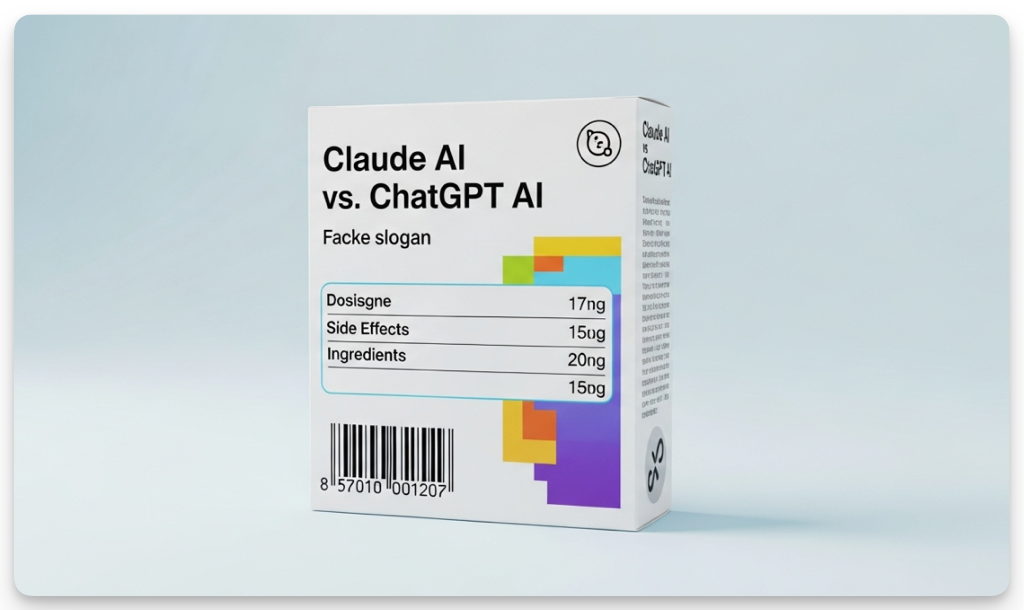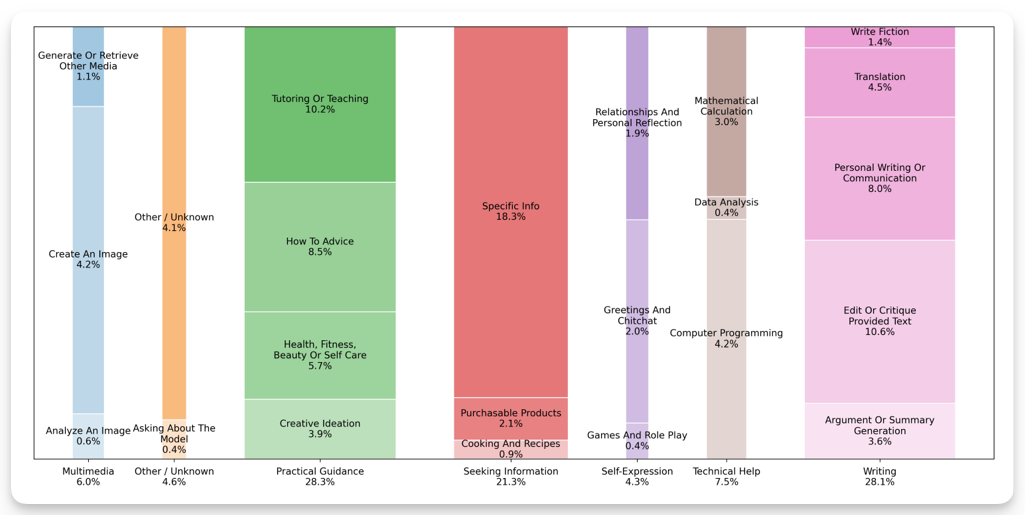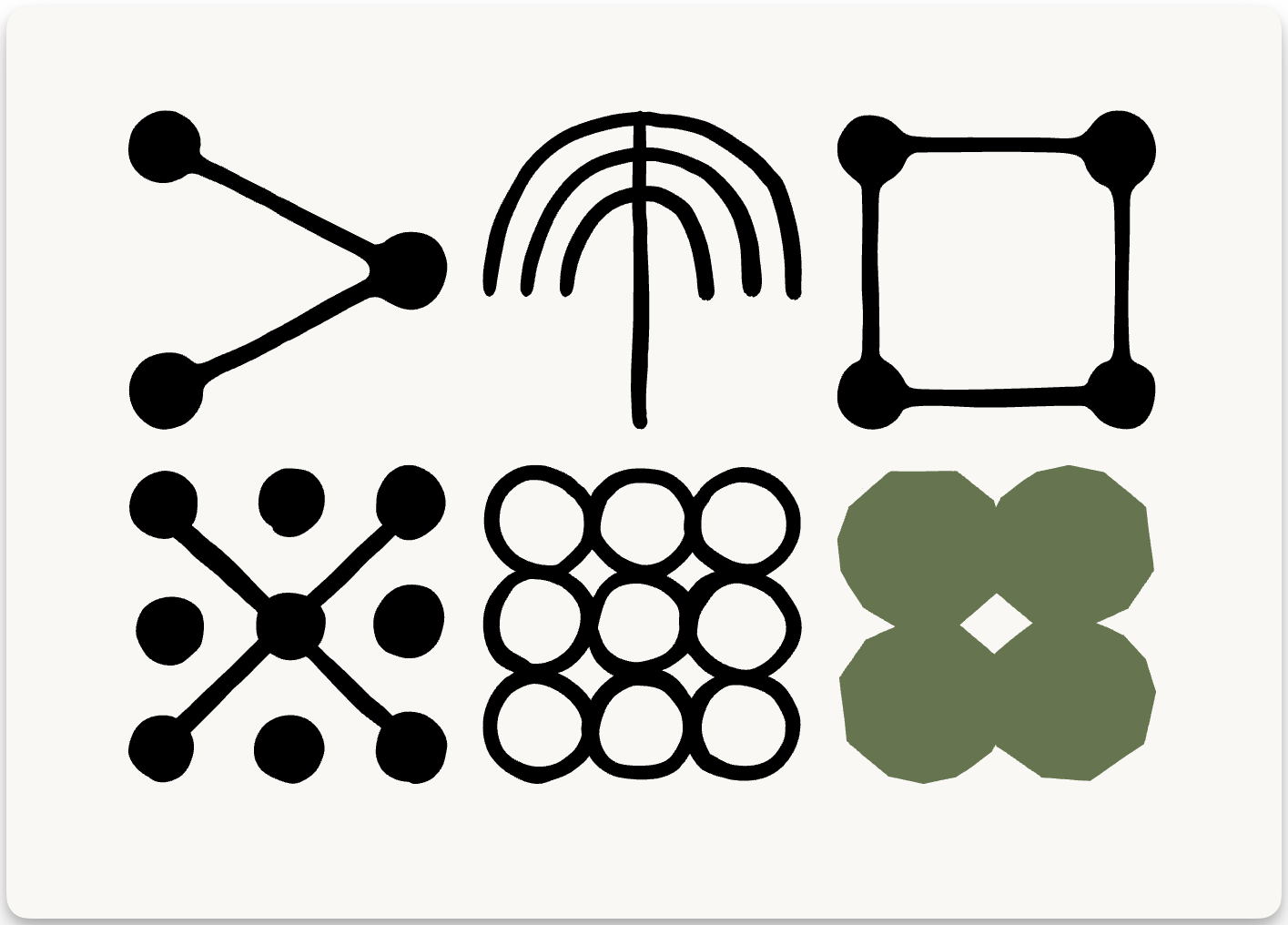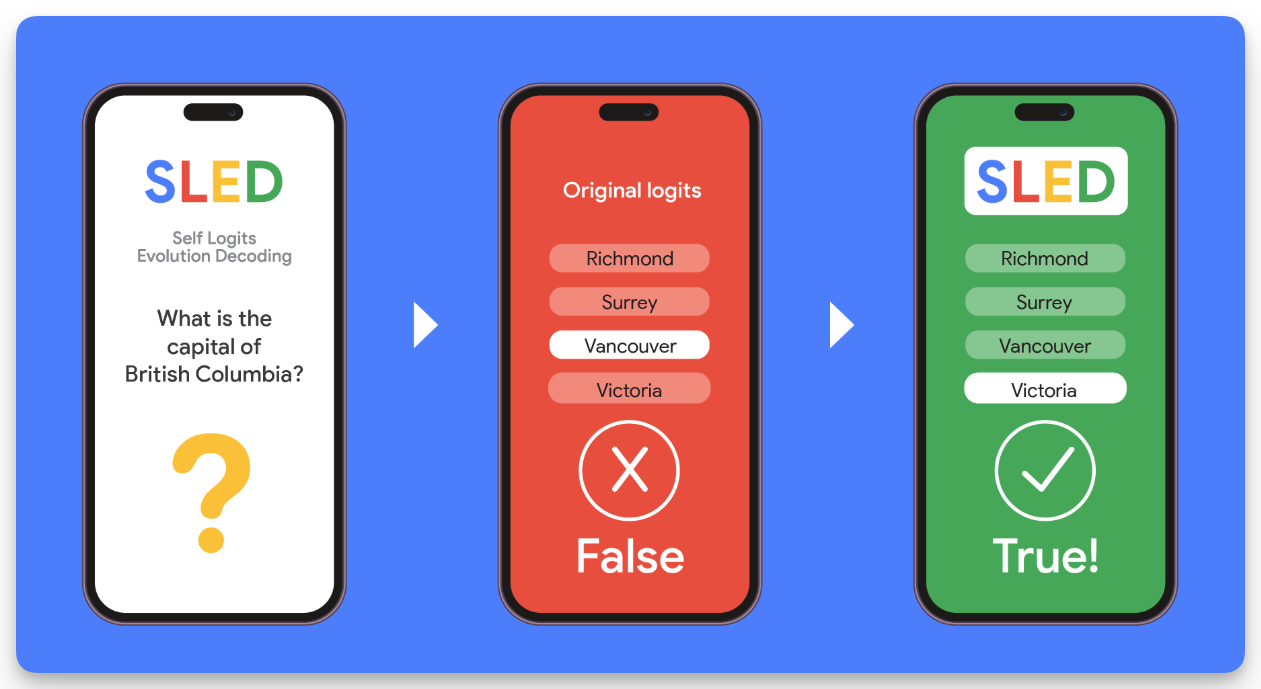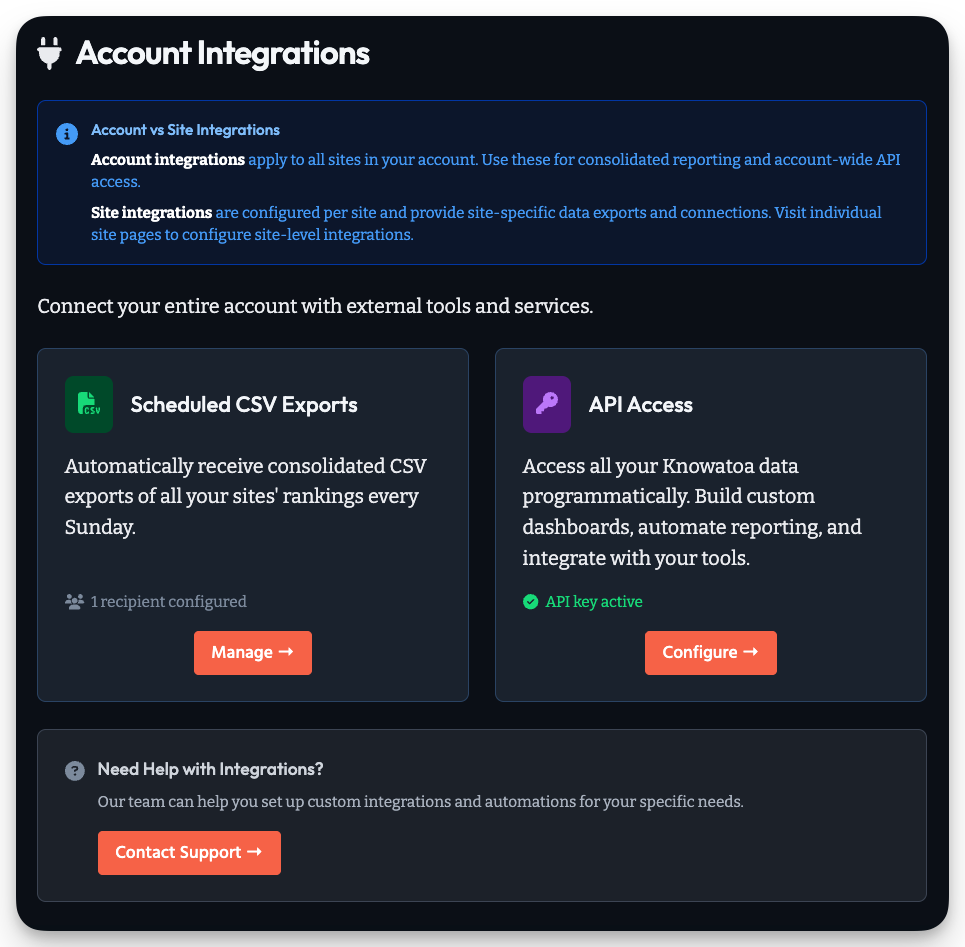Search Disrupted Newsletter (Issue 25)
Claude gets persistent memory, Microsoft-OpenAI enters next phase of partnership, ChatGPT drives $72B economic impact, Alibaba challenges Nvidia with new AI chip, and Google advances AI capabilities across multiple fronts.
Claude and ChatGPT are have competing memories.
We’re often asked “How does AI search differ from traditional search?” and one of the key differentiating features is that AI search tools have a memory of your preferences, projects, and past questions that they use when building responses to each individual user’s questions.
Claude just announced their memory feature, and ChatGPT has had it for a while.
However, I believe most search marketers are overlooking a significant implication of these memory features: people are setting preferences for brands and products that will preferentially influence all future responses.
Broadcast advertising has traditionally targeted young people as they are less likely to have built up strong brand preferences.
And right now, AI services are young and impressionable, making it easy to rank your brand in them overall as well as establishing yourself as the preferred choice in as many individual AI+user memories as possible.
Link: Claude Memory Feature Analysis
What are people actually doing with ChatGPT?
“Wacky” uses and minor edge cases get the most headlines about AI, but this paper (with some of the largest and best sourced data I’ve seen) paints a very clear picture of:
Hundreds of millions of people using ChatGPT (10% of the adult population of the world). Extreme stickiness, with the number of questions people ask increasing over time. The majority of use cases being substitutes for traditional search.
Something the paper does a fantastic job with is classifying the types of questions people ask, with around 80% of all questions falling into:
Seeking Information: questions about well-known figures, facts, products, and services whose answers should be the same for all users. Example: “When does the Boston Marathon take place?” Practical Guidance: information that’s tailored specifically to the user. Example: “I’m going to run a marathon in 16 weeks, build me a custom training schedule.” Writing/Editing and feedback. Example: “Rewrite this draft into professional language” or “Translate this from english to spanish”
For search marketers, the “Seeking Information” and “Practical Guidance” categories are of the most interest as this is where it’s most important for your brand to be seen and recommended.
The paper is quite readable and includes many interesting tidbits about the frequency of ChatGPT’s use for work versus personal research, the industries adopting it, and the changes resulting from AI integration into tools.
Link: ChatGPT Economic Impact Research
Claude’s issues are our gain
Claude just published an unusually transparent engineering postmortem detailing three recent service issues, and it’s a peek into how complex AI systems have become.
The issues ranged from a caching problem that served incorrect responses to some users, to a token counting bug that affected billing, to a more subtle issue with context window handling that could cause Claude to “forget” earlier parts of long conversations.
I mention it here not because I expect that you (as a search marketer) are going to turn around and start debugging tokenization issues happening in the AI services you’re using but to show the real variability in these systems.
I’ve seen a lot of talk lately about if it’s even possible to influence AI systems, if they’re just a monolith that’s unmoving and it’s updates like this that I hope show the wider search industry that these AI services aren’t magic.
They are piles of information organized in really clever ways that more and more people are finding helpful everyday and that undergoing constant change.
Link: Anthropic Engineering Postmortem
Google Gems Are Now Shareable
Google just made its Gemini Gems shareable, which is more useful than it sounds.
Gems are custom-configured versions of Gemini for specific tasks. Until now, they were personal tools. Now you can share them with your team via a simple link.
At Knowatoa, we’re creating Gems for keyword research, content optimization, and technical audits. Instead of teaching everyone complex prompting, one person builds a specialized Gem and shares it.
It’s particularly useful since Gems integrate directly with Google Docs, Sheets, and Search.
This is Google’s answer to OpenAI’s custom GPTs, but the native Google integrations give it an edge.
Link: Gemini Gems Sharing Feature
Google Research Tweaks LLMs to Be 25% Less Wrong
Google Research figured out that LLMs have been leaving useful information on the table. Instead of only using the final layer’s output, they’re now aggregating insights from all the model’s layers and getting 15-20% better accuracy on factual queries and 25% improvement on complex reasoning.
The technique, called “layer-wise aggregation,” basically catches good information that gets distorted as it moves through the model’s layers.
More importantly for search, it reduces hallucinations and helps models say “I don’t know” instead of confidently making stuff up.
What’s practical about this is it doesn’t require new models or more compute. It’s just better use of existing infrastructure.
Expect this to show up in Gemini and AI overviews soon, making AI search results slightly less of a dice roll.
Link: Google LLM Layer Research
New: Knowatoa Account-Wide Scheduled Exports
We just launched Account-Wide Scheduled Exports, a game-changer for agencies and enterprises managing multiple sites in Knowatoa.
If you’re using Looker Studio, NinjaCat, or any reporting tool that supports CSV imports, you can now automatically receive comprehensive CSV exports for ALL your account data via email on a regular schedule. No more exporting site by site or manually aggregating data.
This is particularly powerful for agencies with dozens of clients. One integration gives you everything: complete rankings across all sites, competitor comparisons, trend data, and visibility scores, all in a single, automated export.
This might seem like a small feature, but for anyone managing multiple properties, it’s the difference between hours of manual work and complete automation.
Link: Set Up Account Scheduled Exports
Chrome’s AI features are making browsers do the thinking
Google just dropped three AI features in Chrome that basically turn your browser into a personal assistant who actually remembers stuff.
The history search is wild. Type “that article about AI chips I read last week” and Chrome finds it by understanding what you mean, not just matching keywords. It even checks the actual content of pages you visited.
Tab organization got smart too. Chrome watches what you’re doing and groups tabs automatically. Planning a trip? Boom, travel tab group appears. Researching competitors? There’s your competitive analysis folder.
The form filling is where it gets spicy for marketers. Chrome pulls info from multiple pages you’ve viewed to fill out complex forms. No more copy-pasting between tabs like a caveman.
For SEOs, this represents a steady progression from “optimize for people” to “optimize for AI bots working for people” on the spectrum.
Chrome + Gemini is helping them synthesize everything they read into actual decisions, judging your page and making recommendations back to the user.
Link: Chrome AI Features Announcement
Thanks
This week, I’m grateful for the engineers who write detailed postmortems.
Cheers to the builders who show their work, share their failures, and make the whole ecosystem stronger in the process.

p.s. It would really help me out if you could Follow me on LinkedIn
